The Missouri Southern Institute of International Studies and the Harrison and June Kash International Film Society present the following distinguished repertoire of Spanish films.
The series provides a rare opportunity to enjoy the best work of creative directors and performers from Spain. Many of the films are being shown at Missouri Southern for the first time and have received great critical recognition and superb reaction from contemporary audiences.
In an effort to enhance viewers’ appreciation, detailed program notes are distributed before each showing.
Admission free for all films and open to the public
7 p.m. Tuesday, Sept. 8, 2015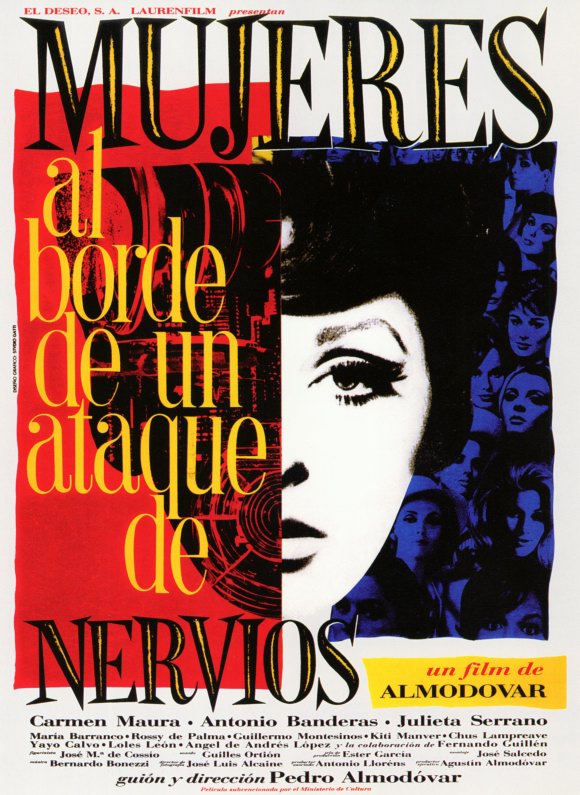
Cornell Auditorium in Plaster Hall
(director Pedro Almodóvar, 1988; 89 minutes)
One woman’s lover has just jilted her by leaving a message on her answering machine, and her best friend has just found out that her lover is a Shiite terrorist. Add into the mix a third woman just released from a 20-year stay in a mental institution and you have director Pedro Almodóvar's now classic ensemble comedy, incidentally also featuring a young Antonio Banderas. Rated R.
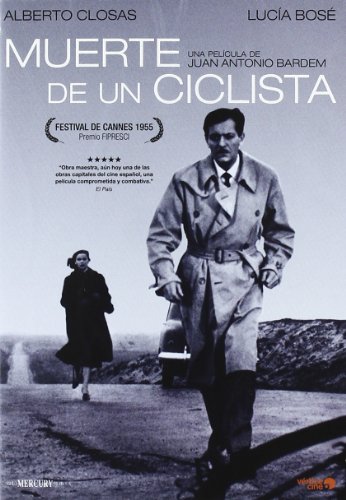 7 p.m. Tuesday, Sept. 15, 2015
7 p.m. Tuesday, Sept. 15, 2015
Cornell Auditorium in Plaster Hall
(director Juan Bardem, 1955; 88 minutes)
Two illicit lovers accidentally kill a lone bicyclist and try to avoid exposure of their affair. The film reveals director Juan Bardem’s awareness of the corrupting forces in Spanish society and the power of privilege, wealth and position to destroy moral values and humanitarian instincts. Winner of the Critics Prize at the 1955 Cannes Festival. Not rated.
7 p.m. Tuesday, Sept. 22, 2015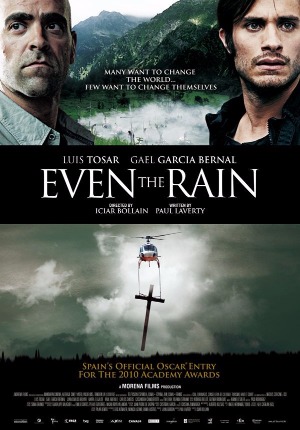
Cornell Auditorium in Plaster Hall
(director Icíar Bollaín, 2010; 103 minutes)
An idealistic film director and his producer are on location in Bolivia to make a revisionist film about Christopher Columbus’s discovery and conquest of the Americas when they soon find their project disrupted by popular protests against a multi-national corporation that is taking control of the country’s water supply.
The film, directed by Icíar Bollaín, explores the blurring of life and art found in films like Truffaut's Day for Night, taking it into its own politically charged dimensions.
Starring Gael Garcia Bernal and Luis Tosar. Not rated.
7 p.m. Tuesday, Sept. 29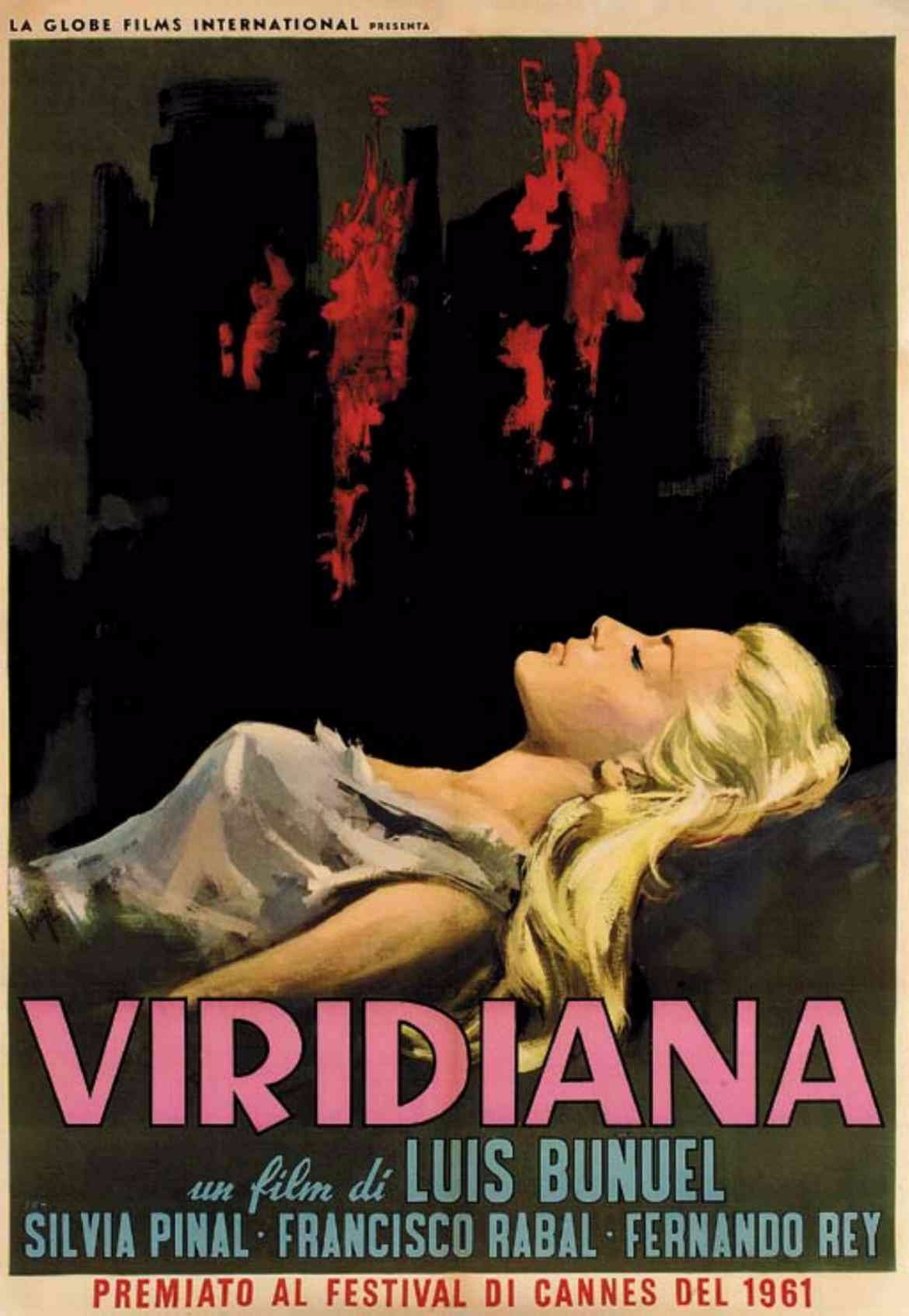
Cornell Auditorium in Plaster Hall
(director Luis Buñuel, 1961; 91 minutes)
A young woman preparing to become a nun is summoned to her wealthy but lecherous uncle’s estate, where she is forced to confront challenging, harsh realities. Although this is one of Luis Buñuel’s most powerful and subversive films, having won the Palme d’or at Cannes in 1961, it was banned outright in Spain and an attempt was made to suppress it completely. It contains his most famous set-piece – the evocation of Leonardo’s Last Supper enacted by an assortment of repulsive cripples and beggars. The film is not rated but contains parodies of religious imagery and issues of sexuality that some many find disturbing.
7 p.m. Tuesday, Oct. 6, 2015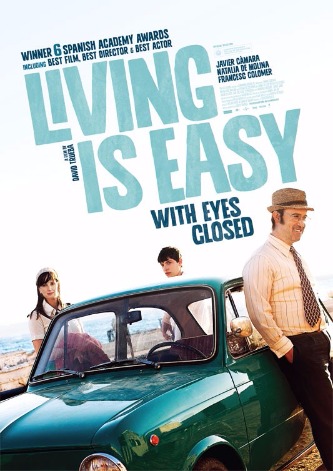
Cornell Auditorium in Plaster Hall
(director David Trueba, 2013; 100 minutes)
Antonio, a high school English teacher in Spain who is obsessed with John Lennon, sets out on a road trip to meet and talk with Lennon on the set of How I Won the War, the 1966 film Lennon was starring in while taking a break from the Beatles. On the way Antonio picks up two young runaways, Belen, a pregnant girl fleeing a convent, and Juanjo, a boy trying to escape a domineering father, and becomes involved in their lives. Written and directed by David Trueba. Not rated; contains a brief scene of a sexual encounter.
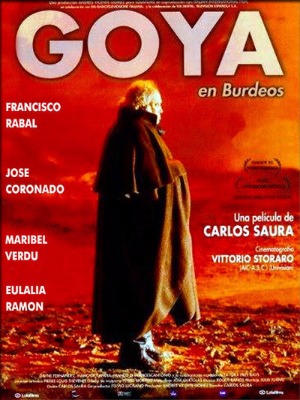 (1999; 100 minutes)
(1999; 100 minutes)
7 p.m. Thursday, Oct. 15, 2015
Cornell Auditorium in Plaster Hall
(director Carlos Saura, 1999; 100 minutes)
One of the outstanding Spanish director Carlos Saura’s later works, the film focuses on the great painter, Francisco Goya, during the last years of his life, in his self-imposed exile in Bordeaux. Though Goya was deaf, ailing and nearing death at the time, it was during this period that he created some of his most unusual, haunting and influential images. Starring Francisco Rabal. Rated R, for some sexuality and violent imagery.
7 p.m. Tuesday, Oct. 20, 2015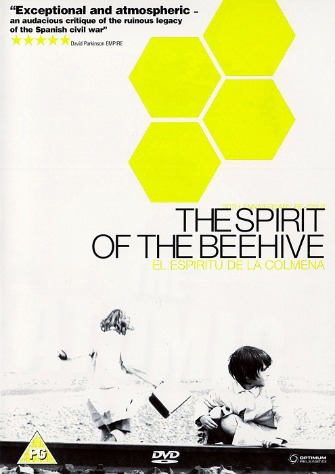
Cornell Auditorium in Plaster Hall
(director Victor Erice, 1973; 99 minutes)
Set just after the end of the Spanish Civil War, this film details what happened when a young girl enters deeply into nightmares and fantasies. Directed by Victor Erice, it is an award-winning portrait of the isolation of the individual within the family and life in Spain under the repressive regime of Francisco Franco; it has been described as “one of the most visually arresting movies ever made.” Not rated.
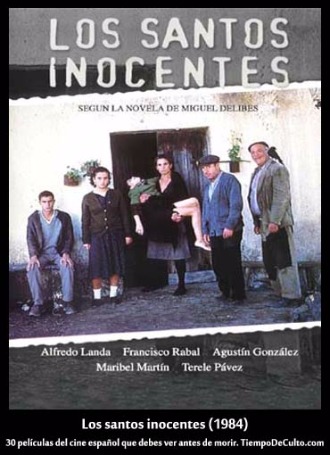 7 p.m. Tuesday, Oct. 27, 2015
7 p.m. Tuesday, Oct. 27, 2015
Cornell Auditorium in Plaster Hall
(director Mario Camus, 1984; 108 minutes)
Based on a novel by Miguel Delibes, this emotionally powerful film focuses on the harsh life of a family of campesinos, presenting it in stark contrast with that of the wealthy family on whose land they work and serve. Directed by Mario Camus and featuring masterful performances by Alfredo Landa and Francisco Rabal. Winner of the Golden Palm at Cannes. Not rated.
 7 p.m. Tuesday, Nov. 3, 2015
7 p.m. Tuesday, Nov. 3, 2015
Cornell Auditorium in Plaster Hall
(director Alejandro Amenábar, 2004; 125 minutes)
Javier Bardem stars in the deeply moving, true story of Ramon Sampredo, a Spaniard who fought a 30-year campaign for the right to end his life with dignity, and his inspiring relationships with those surrounding him. Directed by Alejandro Amenábar, the film was a Golden Globe winner and won the 2004 Academy Award for Best Foreign Film. Rated PG-13.
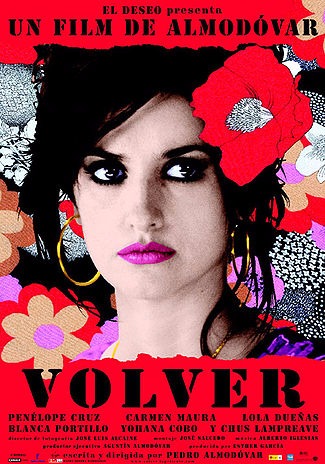 7 p.m. Tuesday, Nov. 17, 2015
7 p.m. Tuesday, Nov. 17, 2015
Cornell Auditorium in Plaster Hall
(director Pedro Almodóvar, 2007; 121 minutes)
We close our series of Spanish films with a second comedy-drama by Pedro Almodóvar, this one featuring a striking performance by Penelope Cruz. Years after Raimunda and her sister Sole lose their parents in a fire, their mother, Irene, returns from the dead to intervene in her daughters’ troubled lives and reveal shocking secrets that will affect everyone. Rated R for some sexual content and language.